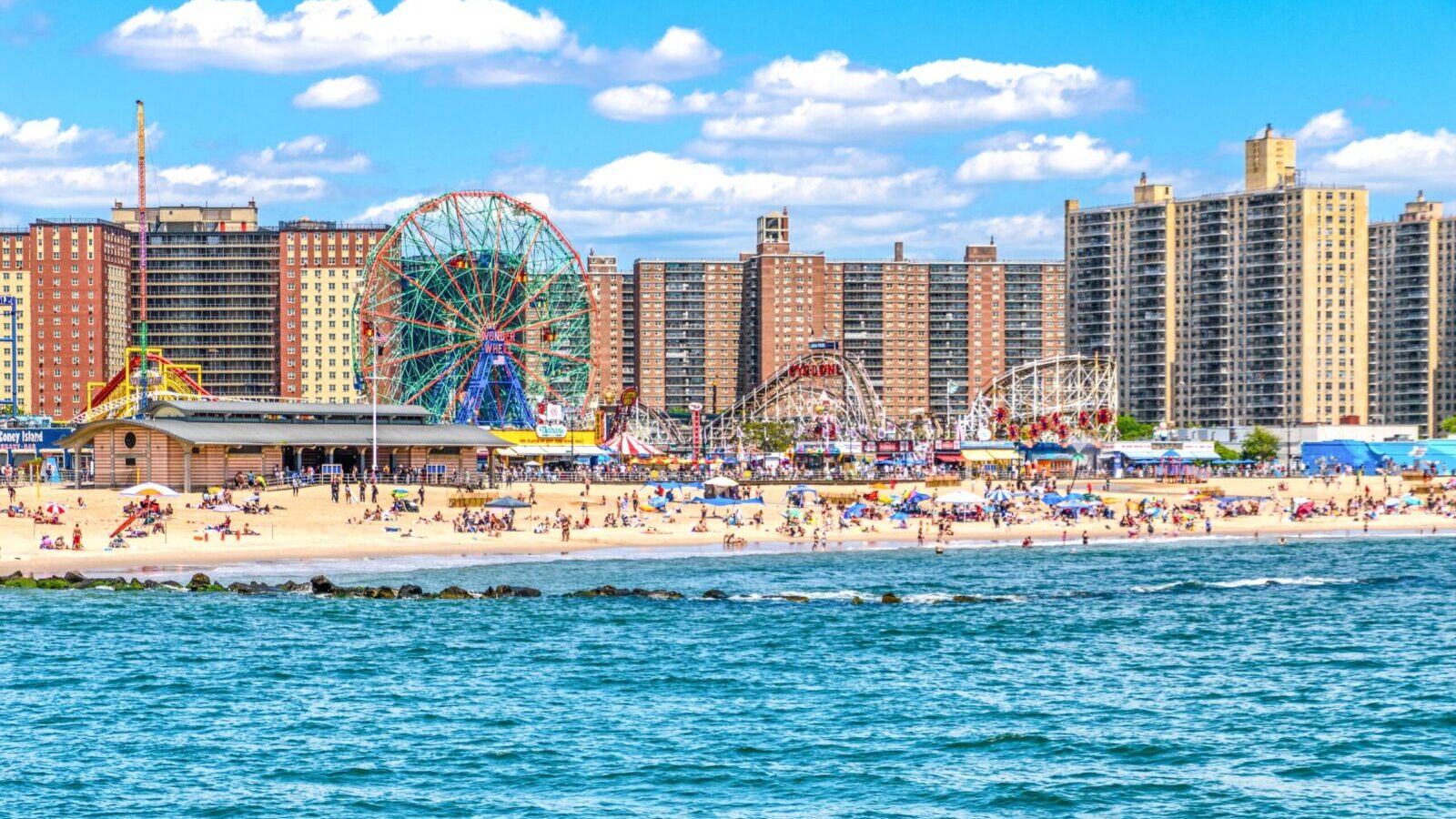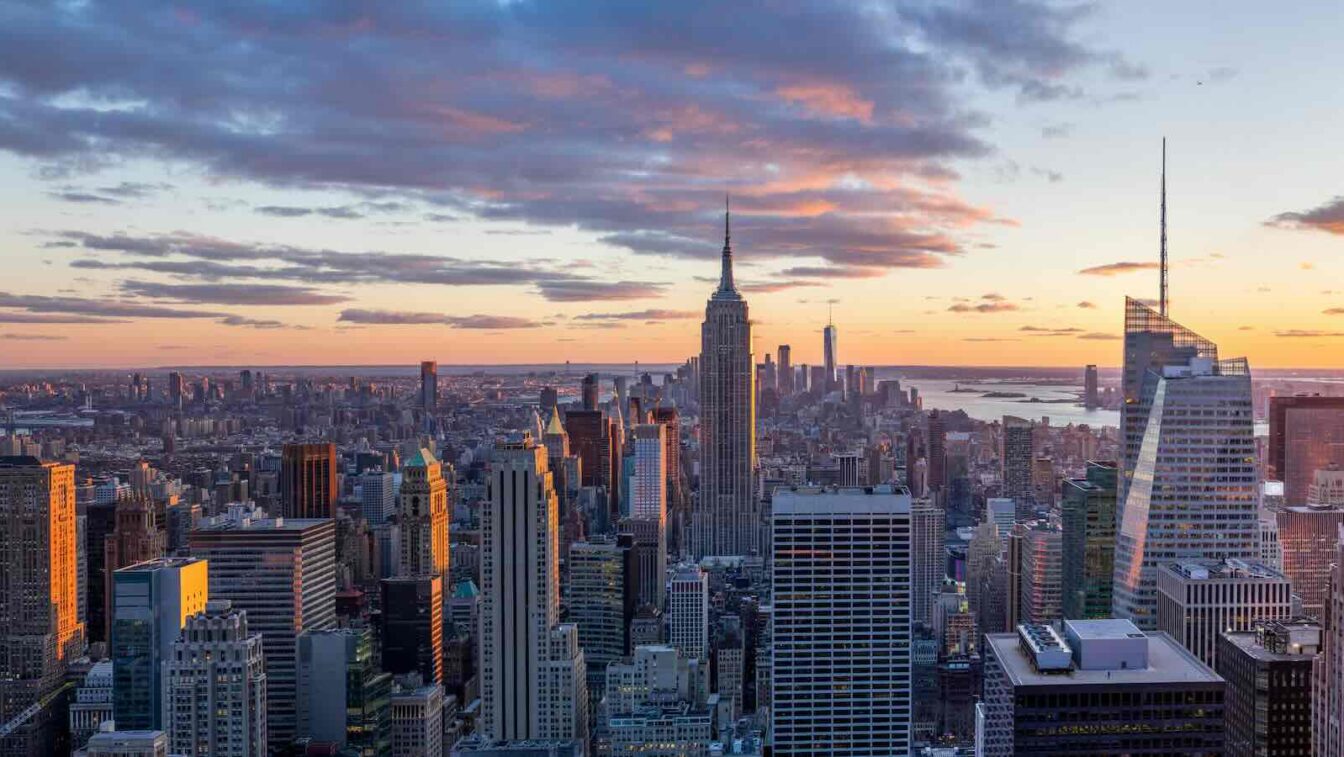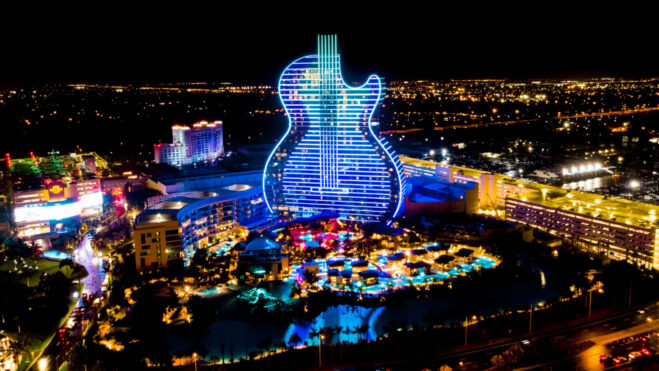Debate Intensifies Over Proposed Coney Island And Queens Casino Projects
Heated town halls, political controversies swirl around NYC casino contenders
2 min

As the downstate New York casino licensing competition grinds slowly forward, a proposal for a $3 billion development in Coney Island has ignited fierce debate. It’s drawing both vocal opposition and strong support from residents and stakeholders.
(And it may not even be the most polarizing contender in the news this week, given what’s happening in Queens. More on that below.)
The Coney Island project, spearheaded by Saratoga Holdings, Global Gaming Solutions of the Chickasaw Nation, Legends, and Thor Equities, aims to transform the historic beachfront neighborhood into a year-round entertainment and economic hub. In addition to the casino, the plan includes a 500-room hotel, a 2,500-seat concert venue, over a dozen restaurants, and 92,000 square feet of meeting and event space.
Despite promises of job creation and economic revitalization, many Coney Island residents are pushing back, citing concerns over the impact of gambling on the community. At a town hall meeting led by local activist Ronald Stewart this week, opponents voiced their fears that the casino would harm rather than help the area.
“Those who say this will bring value — no, this will take value from the people who gamble their money away,” Stewart declared, capturing the sentiments of many who worry the development will benefit only its investors.
Two sides to every story
Stewart’s concerns echo a familiar refrain in debates about gambling expansion: “In gambling, they say the house always wins, and that is who will win here — the developers and their investors, not the community.” Critics argue that while the casino may create jobs and attract visitors, it will do so at the cost of local residents, who could be drawn into a cycle of gambling-related financial hardship.
Supporters of the project, however, see it differently. Advocates argue that The Coney, as the development is called, will provide much-needed economic opportunities to a community that has struggled with seasonal ebbs and flows.
One supporter, Joseph Packer, pointed out that his family often travels to Atlantic City, which offers the kind of amenities Coney Island currently lacks. He believes that The Coney could keep that entertainment spending within Brooklyn, while others argued that the influx of visitors could boost local businesses, increase property values, and generate tax revenue for public services.
Billions of dollars at stake
The developers behind the project have emphasized their commitment to the local community. In a statement to local channel News 12, the team behind The Coney said, “We continue to work with and listen to the community so that we can develop an economically impactful project that will bring improved infrastructure, thousands of jobs, and billions of dollars of investment to Coney Island and beyond.”
They framed the project as an essential economic driver that would benefit the area by creating jobs and supporting workforce development initiatives.
Still, gaining community support remains a critical hurdle for The Coney’s developers. The competition for one of New York’s three downstate casino licenses is fierce, with each bidder needing to prove that their project will serve the public interest. Without buy-in from the local community, any proposal is likely to fall short.
For all the vocal opposition, The Coney has also received its share of support — last year, a petition supporting the project garnered 10,000 signatures from Brooklyn residents.
Hochul not taking sides
The Coney Island casino debate takes place against the backdrop of another high-profile casino proposal in New York City. Gov. Kathy Hochul recently faced criticism after anonymously sourced reports surfaced that she was planning to support legislation that would benefit Mets owner Steve Cohen’s bid for a casino near Citi Field in Queens.
The $8 billion Cohen/Hard Rock proposal has certainly sparked controversy. Some lawmakers have publicly accused Hochul of unfairly favoring one bidder over others.
In response to the backlash, Gov. Hochul firmly denied any intention of aiding Cohen’s casino bid. “There are people, shady people, who will try to manipulate the [casino bidding] process to their benefit and be willing to put out lies,” she told reporters.
Gov. Hochul also emphasized that she had no plans to include such legislation in the state’s 2025 budget.
State Sen. Joseph Addabbo Jr., who chairs the Senate’s Racing, Gaming, and Wagering Committee, warned that the governor’s involvement in favoring one bidder would set a dangerous precedent.





